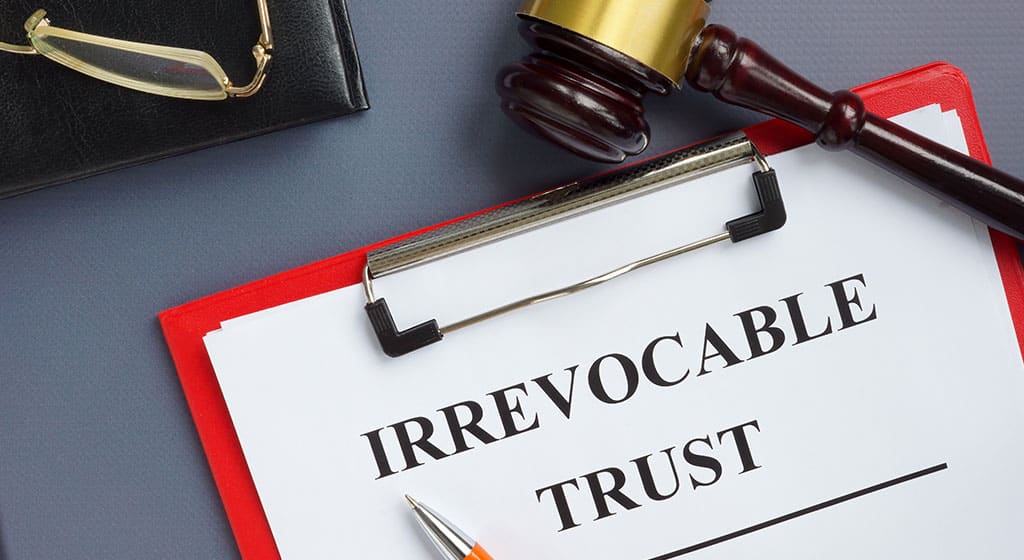Let’s discuss how irrevocable trusts work. Firstly, there are three parties involved: the grantor, the trustee, and the beneficiary. The grantor establishes the trust and places assets in it. The trustee is responsible for managing the trust after the grantor’s passing and allocating the trust’s assets in accordance with their instructions.
Once assets are transferred into the trust, they are considered gifts and cannot be removed at a later date. However, the grantor can specify the precise conditions and guidelines that must be followed. For example, they may designate that the funds placed in an irrevocable trust be used for a specific purpose, such as a wedding or college expenses.
Irrevocable vs. Revocable
It’s always wise to consider whether a trust is irrevocable or revocable. Basically when a trust is irrevocable it is “unchangeable” and cannot be amended. This is great for asset protection because basically there is nothing that can change the trust (including a lawsuit). However, this can also be a problem if you want to change a trust. As we all know, life can change and chances are that things will change over years and you may want the flexibility to change the trust. This is why a revocable trust should also be considered if you know you will likely be making changes in the future.
How Irrevocable Trusts are Used
For people looking for a reliable asset protection and estate planning tool, irrevocable trusts are useful. Some of its advantages include:
- protecting property against judgments and creditors.
- removing taxable property from the estate so the grantor can benefit from estate tax exemptions
- removing assets that are appreciating from the estate and allowing them to take on a higher value. This will reduce the amount of taxes owed by beneficiaries
- giving a house to children with minimal tax implications
- giving away assets while keeping the income they generate
- preventing misuse by greedy beneficiaries
Irrevocable Trusts: What They Do
Irrevocable trusts are a good place to start when it comes to estate planning and reducing death tax liabilities. This is because an irrevocable trust takes property out of a person’s estate while they are still living. This will prevent the assets from being taken in a lawsuit against the person who founded the trust. Consequently, neither the grantor, who established the trust, nor the trust’s beneficiary will need to be concerned about the seizure of trust assets. Additionally, it eliminates the asset’s tax implications following the grantor’s passing. Hence, irrevocable trusts safeguard assets, eliminate probate fees, and lower estate taxes.
Domestic Trust for Asset Protection
As mentioned, the judgment creditor might assume the settlor’s position and take the same actions they do. The irrevocable trust prohibits one’s legal representative from changing the beneficiary because it restricts the settlor’s capacity to do so. Hence, it is the kind of trust used to secure assets. A Domestic Asset Protection Trust (DABT) is another name for it.
Offshore Trust for Asset Protection
Offshore irrevocable trusts step it up a notch by letting you serve as both the settlor and beneficiary.
Under these jurisdictions, special laws are in place so that, in collaboration with the bonded, qualified trustee, you can still exercise some control while protecting your assets from creditors. It’s also known as an Offshore Asset Protection Trust (OAPT).
Irrevocable trusts have one main benefit.. The local court lacks jurisdiction over the trustee because they live overseas. Hence, the trustee is not required to follow orders from foreign courts. Before a creditor can access funds from an irrevocable trust, they must convince the court that a fraudulent conveyance took place within a certain time period.
We hope this guide has given you some insight into how irrevocable trusts work! If you’ve worked hard to earn your assets, it only makes sense to protect them well. Check out these asset protection resources today.
